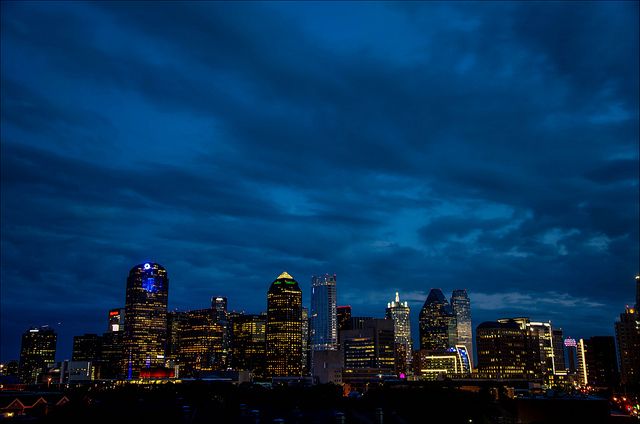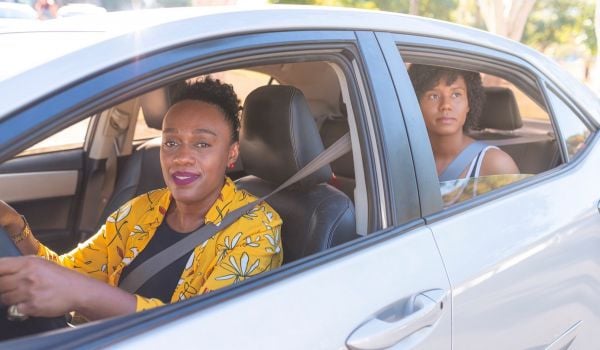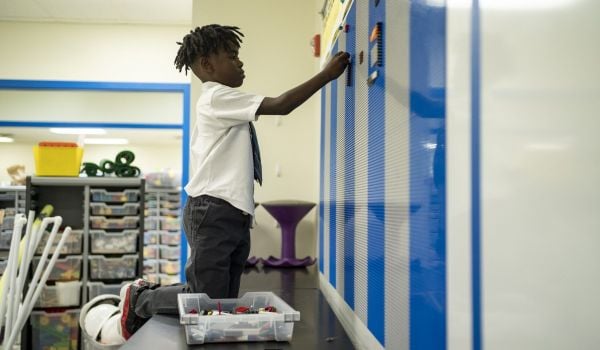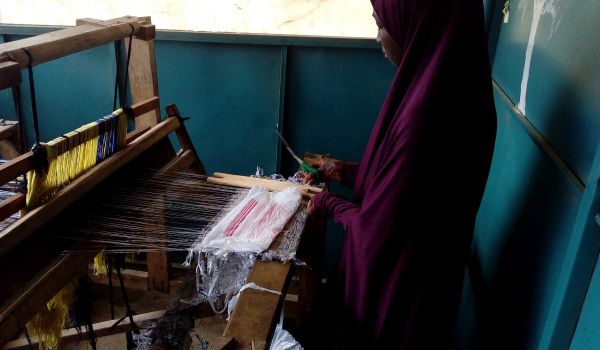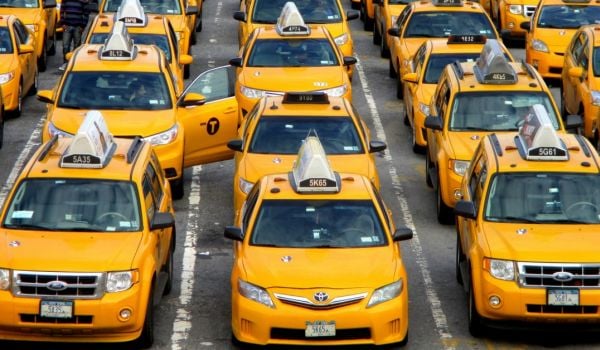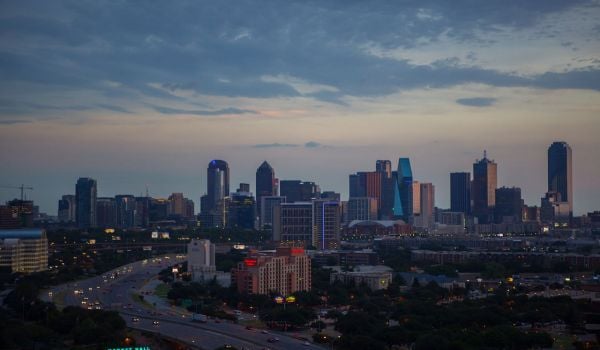After spending a few hours in an ironically closed-door meeting with the city council yesterday, Dallas Mayor Mike Rawlings emerged with the results of his investigation into the city’s back-room summer crackdown on the car service Uber. As we’ve recounted, at issue is both the city’s use of vice cops to issue 61 citations to 31 Uber-using taxi and limo drivers, and the slipping of an anti-Uber ordinance onto the council’s consent agenda, usually reserved for non-controversial items.
Rather remarkably, the Uber issue has become a fairly major political contretemps in the Big D. Rawlings is eager to put it all behind the city.
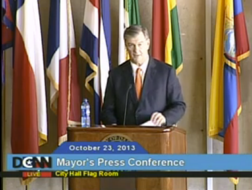
First, his verdict: No one in Dallas did anything illegal when it came to cracking down on Uber, Rawlings concluded, but the whole situation was still “highly disappointing.”
Rawlings, a Democrat and former CEO of Pizza Hut who was elected mayor in 2011, put the blame on the city manager and other staffers who decided to handle the Uber situation their own way, in private. “Several wrong decisions were made throughout this process,” Rawlings said. “There was a real significant lack of awareness by the investigating team at the city of the broad marketplace dynamics of a changing market in Dallas, and in the United States, that creates an extremely complicated policy dilemma and that at best an unclear legal strategy.” A small batch of city employees meant well, but went off the rails when they “believed that they alone could solve the problem.” Judged Rawlings, “that judgment was naive.”
That was sweet, sweet music to Uber’s ears on two fronts. First, the obvious: It’s always good for Uber when a city decides in its favor. More than that, it’s good for Uber because the company has been arguing that cities across the country have operated behind closed doors, in cahoots with taxicab companies, to unfairly protect the traditional industry’s interests. That’s pretty much exactly what Rawlings’ report says happened in Dallas.
According to Rawlings, the Uber imbroglio has even prompted the city to reflect on how it’s run: “There’s a theme that, as a council, we need to do a better job of clarifying roles and responsibilities and process,” the mayor said. “We’re putting the mirror back on ourselves.” And Rawlings’ report was, indeed, full of details on city officials working with the Yellow Cab company, the dominant player in the Dallas market, to go after Uber. Here, for example, is one email from a Yellow Cab attorney to city officials (all typos are in the original):
The $40,000 a month my client pays is too much given the lack of protection for this type of unlawful rogue behavior. Nothing personal, I’m getting angry in the uber intrusion and your departments lack of protection. What will it take. Bankruptcy of the cabs ? Come on, get DPD to write tickets to Uber or stop charging permits to the cab company’s. This isn’t right!
More than that, the Dallas dust-up confirmed up a trend: More and more, battles over transportation have become the stuff of local legislative bodies, rather than mere details left to regulators. We saw that with the fight over New York City’s Taxi of Tomorrow. Where that helps Uber is that lawmakers are particularly vulnerable to the political pressure — and public cajoling — that Uber has proven particularly adept at directing toward this or that city council.
Rawlings seemed most upset by the fact that city officials worked off a Yellow Cab draft in putting together its anti-Uber Item #5. “The mistake,” he said, “is that they never stopped to ask for buy-in or advice from the council on a subject that was a difficult issue in an industry that is undergoing a major transformation.” Rawlings went on: “Things are changing. We’re going to understand those things. And we’re going to make the right decisions.”
Wrapping up, Rawlings tried to strike a balance. “We love new business in Dallas, okay? And we want to attract as many new businesses and different types of business,” he said, “But we all live in the rule of law, and we’re going to do this in a lawful manner.”

Nancy Scola is a Washington, DC-based journalist whose work tends to focus on the intersections of technology, politics, and public policy. Shortly after returning from Havana she started as a tech reporter at POLITICO.

